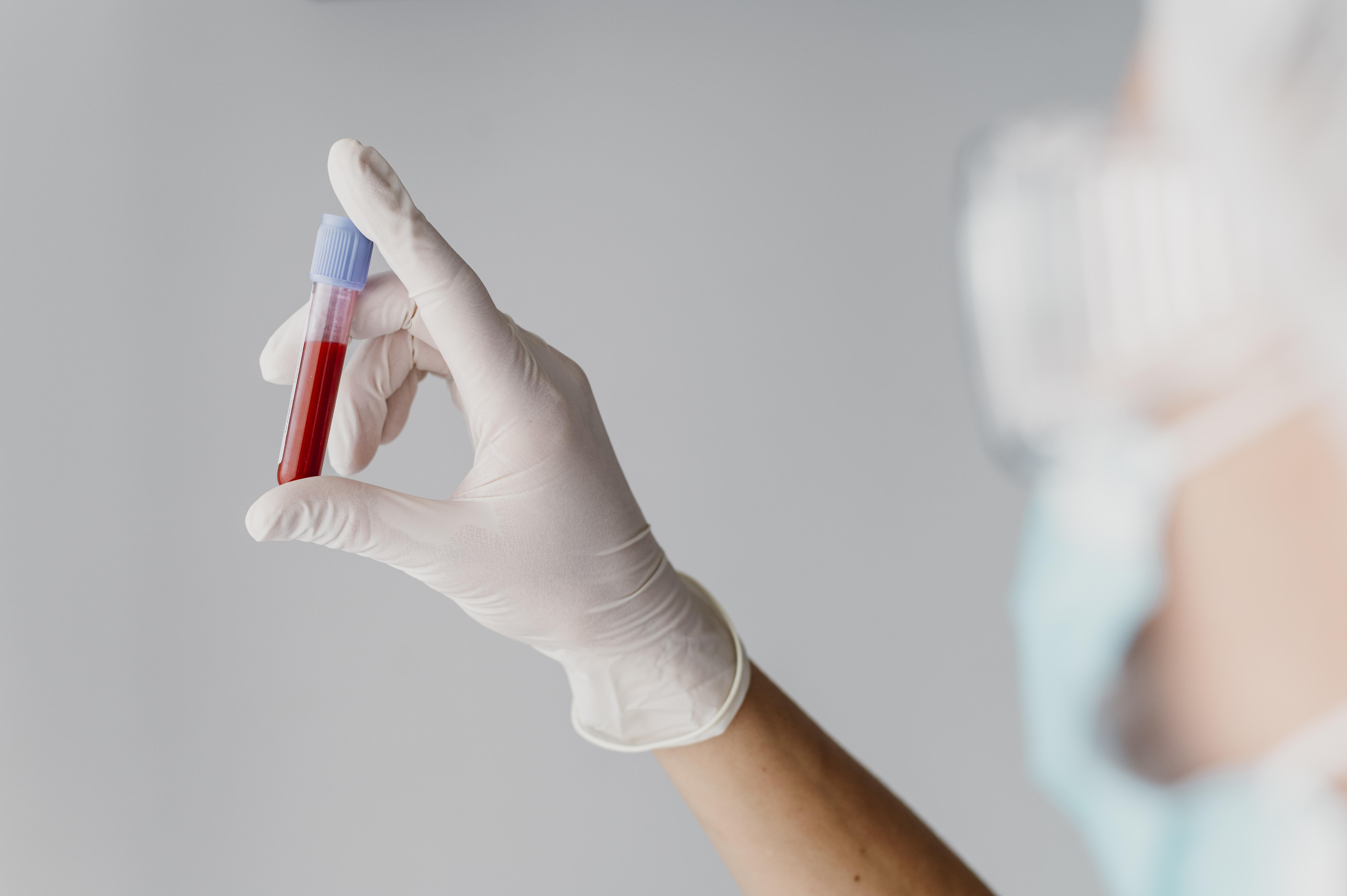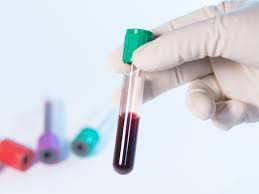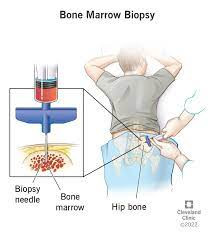Definition
Cytomegalovirus (CMV) is a virus belonging to the herpes family. CMV is transmitted through bodily fluids, such as saliva, semen, vaginal secretions, blood, and breast milk. This virus can infect individuals of all ages, including pregnant women. CMV is one of the most common viruses passed from mother to baby during pregnancy, delivery, or breastfeeding. Congenital CMV infections can result in severe complications in newborns, such as hearing loss, vision problems, intellectual disabilities, and other developmental disorders.
Antibodies are proteins produced by the immune system to combat pathogens such as bacteria and viruses. Immunoglobulin G (IgG) is an antibody that provides long-term immunity, while Immunoglobulin M (IgM) is the first antibody produced in response to initial exposure to a virus or bacteria. Both IgG and IgM antibodies can be found in the blood and other bodily fluids.
The CMV IgG antibody test measures the binding strength of IgG antibodies to CMV, distinguishing between primary CMV infections and past infections. Following a primary CMV infection, IgG antibodies initially display low binding strength but undergo maturation over 2 to 4 months, resulting in high binding strength.
Indications
CMV testing is utilized to identify current, reactivated, or past CMV infections in individuals at higher risk of developing complications. Such individuals include:
- Those with compromised immune systems due to specific infections or diseases
- Individuals who have recently undergone organ transplantation
- Pregnant women exhibiting symptoms of CMV infection
- Newborns presenting with signs of infection
Doctors may recommend CMV testing for individuals with weakened immune systems or pregnant women who experience the following symptoms:
- Prolonged high fever
- Fatigue
- Loss of appetite
- Muscle and joint pain or stiffness
- Headache
- Sore throat
- Enlarged lymph nodes
- Swelling of the liver and spleen
In infants, CMV infection can manifest through symptoms such as:
- Jaundice, characterized by yellowing of the skin and eyes
- Low birth weight (LBW)
- Microcephaly, or a smaller-than-average head size
- Hearing or vision impairments
- Seizures
Contraindications
There are no specific contraindications for CMV IgG antibody testing. This procedure is generally safe and poses minimal risk.
Preparation Before the Test
No special preparation is required before undergoing the CMV IgG antibody test. Fasting is not necessary. However, it is important to inform your healthcare provider about your medical history, current medications, and any supplements you are taking.
Test Procedure
The CMV IgG antibody test involves collecting a blood sample, typically from a vein in the arm. In infants, blood may be drawn from the heel. A health professional will secure a tourniquet around your upper arm to locate the vein more easily.
The area where the needle will be inserted is cleaned with an antiseptic to minimize the risk of infection. A needle attached to a sample tube is then inserted into your vein to collect a small amount of blood. You might feel a slight prick during this process, which generally takes only a few minutes.
After the blood is drawn, it is placed in a collection tube and sent to a laboratory for analysis using specialized equipment. Once the sample is taken, pressure is applied to the puncture site to prevent bruising or swelling. Rarely, some people may experience minor side effects such as pain, dizziness, or slight bruising, but these symptoms typically resolve quickly.
Normal and Abnormal Values
Normal results for the CMV IgG antibody test are negative, indicating no detectable antibodies. Abnormal results are positive or unclear. To obtain more definitive conclusions, the CMV IgG antibody test is often conducted alongside the CMV IgM antibody test.
Results and Recommendations (Further Testing)
IgG antibodies are typically produced a few weeks after a primary CMV infection. Their levels increase during the active phase of infection, stabilize as the infection resolves, and persist in the blood for life, providing immunity against primary reinfection.
In cases of unclear results, doctors may recommend additional testing. The CMV IgG test is commonly paired with the CMV IgM test. While IgM antibodies are detectable within days of infection, they usually diminish within a few weeks.
Consult the Right Doctor
If your CMV IgG antibody test results are abnormal, consulting an internal medicine specialist is recommended for an accurate diagnosis and appropriate treatment. The doctor may suggest further tests, such as Apo B or other cholesterol-related tests, to provide a comprehensive diagnostic picture.
Interested in learning more about laboratory, radiology, and other test results? Click here!
- dr. Monica Salim
About Cytomegalovirus (CMV). (2020). Retrieved10 July 2023, from https://www.cdc.gov/cmv/overview.html
Laboratory Testing. (2020). Retrieved 10 July 2023, from https://www.cdc.gov/cmv/clinical/lab-tests.html
Cytomegalovirus Test. (2021). Retrieved 10 July 2023, from https://www.testing.com/tests/cytomegalovirus-cmv-tests/
Cytomegalovirus (Blood). (2023). Retrieved 10 July 2023, from https://www.urmc.rochester.edu/encyclopedia/content.aspx?contenttypeid=167&contentid=cytomegalovirus_blood
Cytomegalovirus (CMV) Test. (2021). Retrieved 10 July 2023, from https://medlineplus.gov/lab-tests/cytomegalovirus-cmv-tests/











